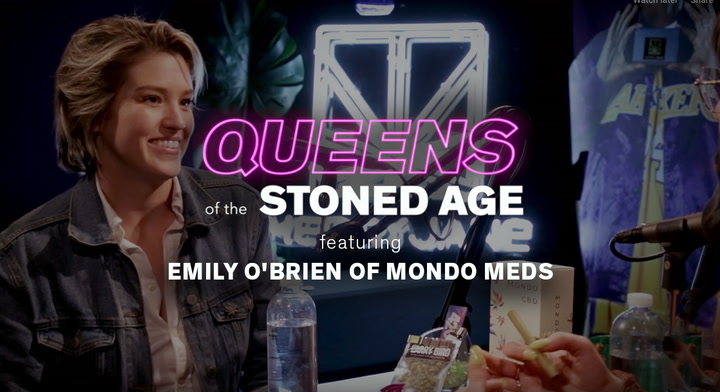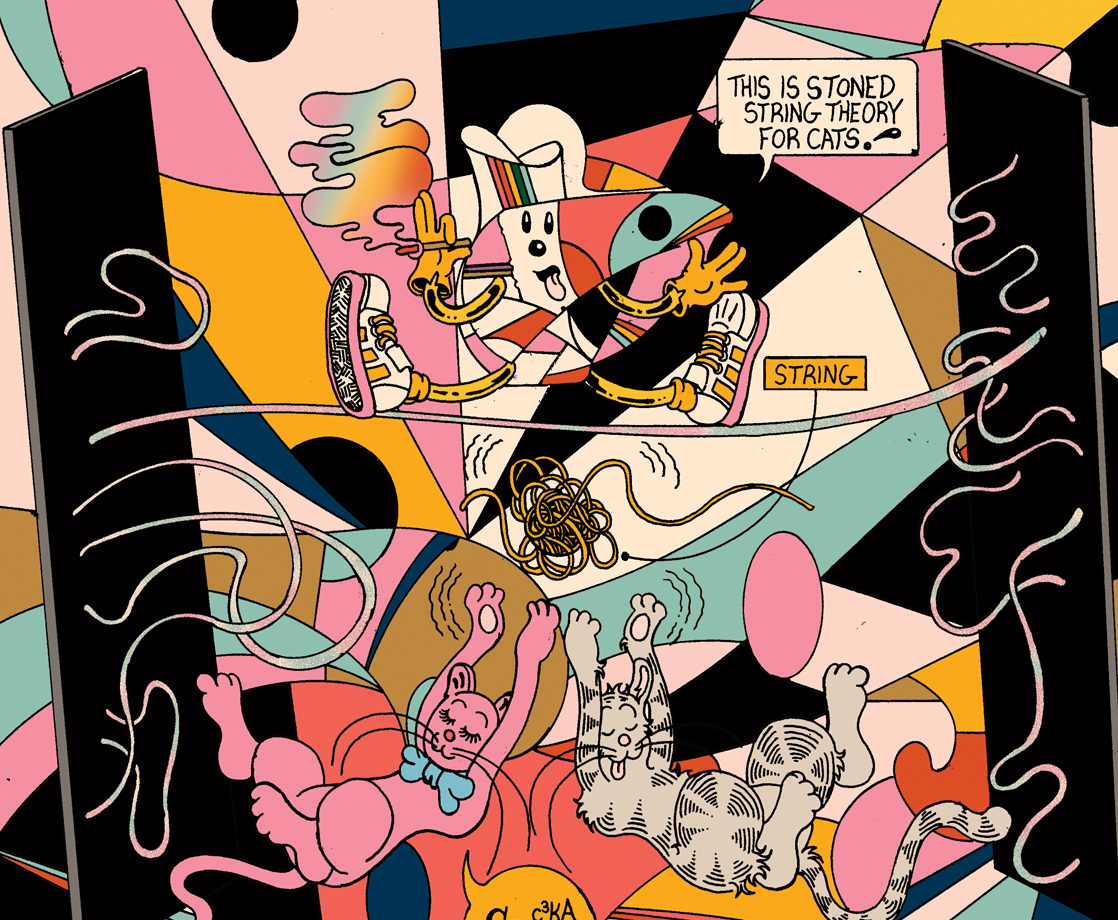This week, Utah’s legislature clarified that anyone with an MMJ license — including medical doctors and school teachers — will be allowed to use medical cannabis without fear of losing their jobs.
On Wednesday, the legislature’s Health & Human Services Interim Committee announced they would treat medical cannabis like other prescription medications. This means any patient with a doctor’s recommendation for weed will be treated, under law, the same as someone with a script for Vicodin or Adderall.
“We won’t pursue disciplinary action against those licensees that receive medical cannabis treatment under the act,” said Deborah Blackburn, a compliance officer with the state’s Department of Occupational and Professional Licensing board, according to FOX 13.
Although several states have legalized weed for recreational or “adult-use” purposes, employers can still legally fire medical marijuana patients in those states, even if the patient only consumed while at home and off-the-clock. Some states protect their medical cannabis patients from undue termination, but patients in safety-sensitive jobs like healthcare or construction are often left out of those protections.
“If a private employer fires somebody, and it’s because you use cannabis, as state law we say look, that’s a legal use of cannabis and clearly that creates a right of action for an employee to say, ‘Look, you can’t fire me just because I’m using a medically prescribed product,’” Utah Rep. Brad Daw (R-Orem) told FOX 13.
“It sends a message that it’s a medication like any other medication. It has its upsides. It also has abuse potential, and we need to be aware of that,” he continued.
However, the new rule won’t mean doctors can wantonly blaze while performing surgery, nor will teachers be allowed to hit a bong during recess. (Especially because Utah’s medical marijuana program doesn’t allow smokable flower.) Other rules that bar cannabis, such as bans on school property, will remain in effect. Violating those rules could potentially put a professional license in jeopardy.
Regardless, Utah’s medical cannabis program may set a precedent for other states — including Colorado and California — to take further steps for protecting law-abiding patients.
Follow Randy Robinson on Twitter











